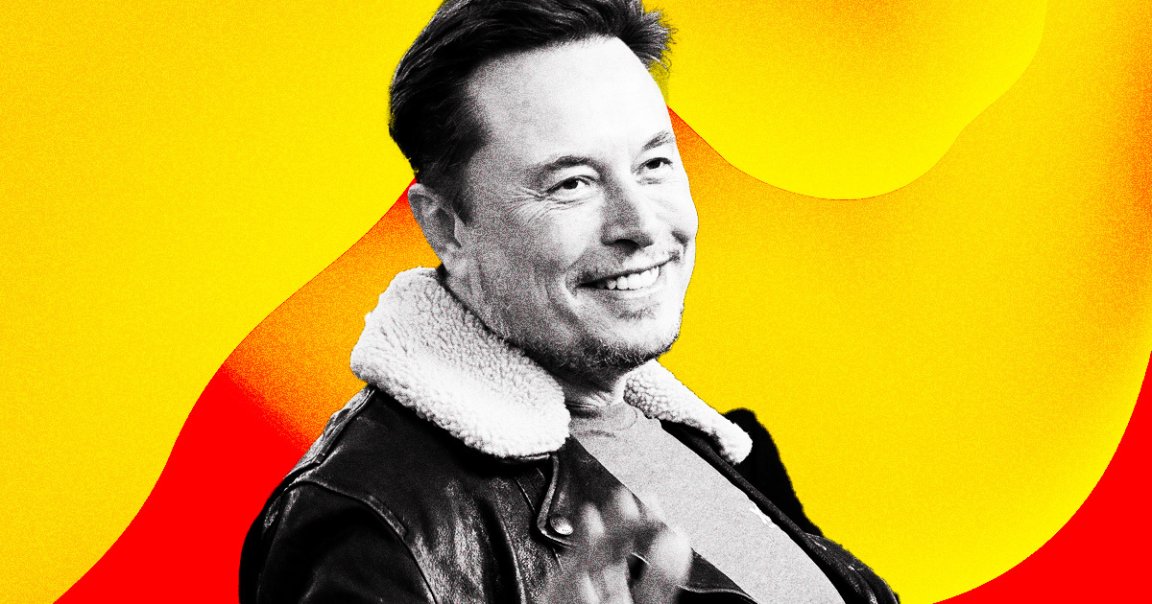
#Receipts
As Musk rages against OpenAI and even sues the company he helped co-found, the ChatGPT maker has published its communications with him — and boy, is the tea hot.
In his suit, Musk claimed, as he’s wont to do, that OpenAI’s multi-billion-dollar partnership with Microsoft has abandoned its initial mission as a non-profit research firm.
As the firm rebutted in its blog post, however, that’s not the whole truth.
“As we discussed a for-profit structure in order to further the mission,” the OpenAI post reads, “Elon wanted us to merge with Tesla or he wanted full control.”
To back that point up, the company cited and included redacted transcripts of four emails between Musk and some of his fellow OpenAI co-founders, including CEO Sam Altman, president Greg Brockman, and embattled chief scientist Ilya Sutskever.
As the emails indicate, Musk seems to have long been interested in OpenAI making gobs of money to achieve artificial general intelligence (AGI) — but that he wanted to be in charge of how that happened.
“We need to go with a much bigger number than $100M to avoid sounding hopeless relative to what Google or Facebook are spending,” the multi-hyphenate billionaire wrote to his fellow co-founders in one November 2015 email. “I think we should say that we are starting with a $1B funding commitment.”
“This is real,” Musk added. “I will cover whatever anyone else doesn’t provide.”
Disagreeable
In the OpenAI post, which is attributed to Altman, Brockman, Sutskever, and their fellow co-founders Wojciech Zaremba and John Schulman, the company claimed that Musk had been in on talks to build out its for-profit arm as early as 2017, but that ultimately they couldn’t come to an agreement.
“We couldn’t agree to terms on a for-profit with Elon because we felt it was against the mission for any individual to have absolute control over OpenAI,” the post claims. “He then suggested instead merging OpenAI into Tesla.”
As history shows, Musk eventually opted to leave OpenAI and go about the route of building out his own AI — while juggling an electric vehicle company, a spaceflight firm, a brain-computer interface venture, a failed project at high-speed rail, and, eventually, Twitter.
On his way out the door in February 2018, Musk told his fellow OpenAI cofounders that their “probability of success was 0, and that he planned to build an AGI competitor within Tesla.” In December of that same year of his exit, he told them, per one of the lightly-redacted emails, that if they don’t raise billions of dollars per year, they should “forget it.”
Now that OpenAI has gotten billions in investment, Musk seems mighty mad — maybe because he can’t take credit?
More on OpenAI suits: Microsoft Mocks NYT’s AI Lawsuit As “Doomsday Futurology”